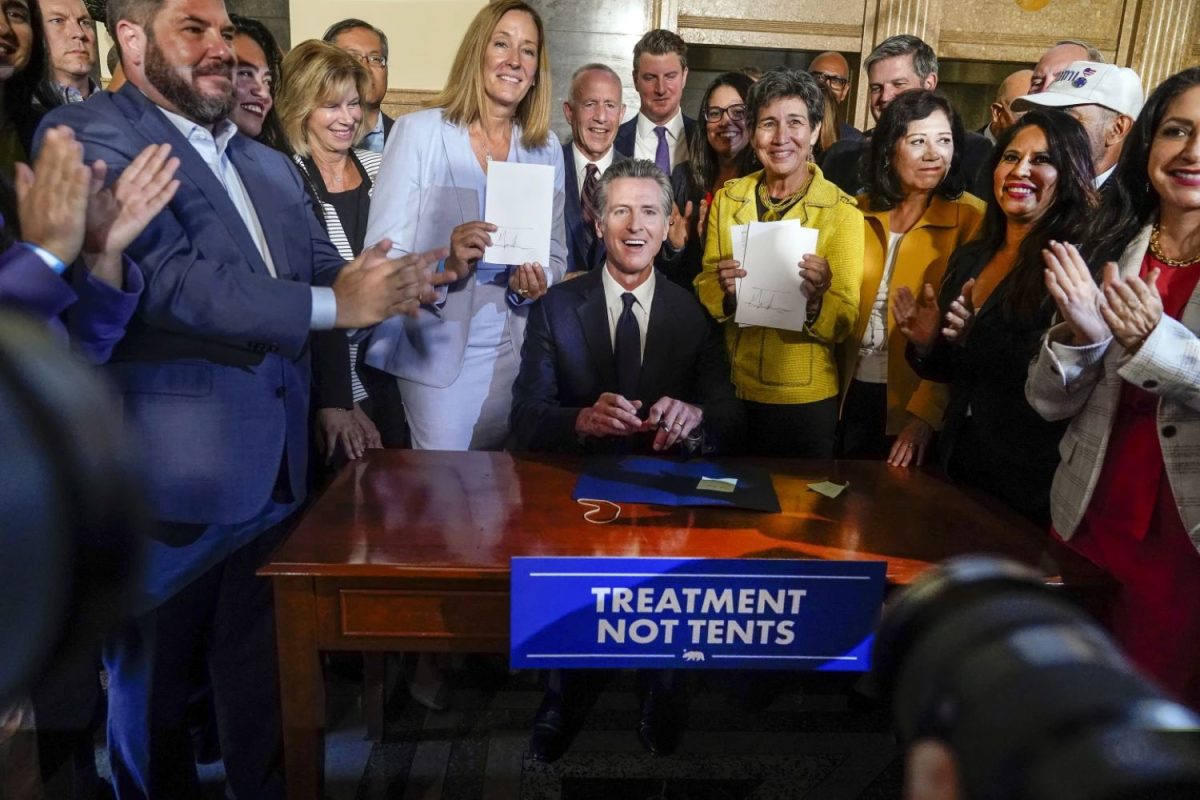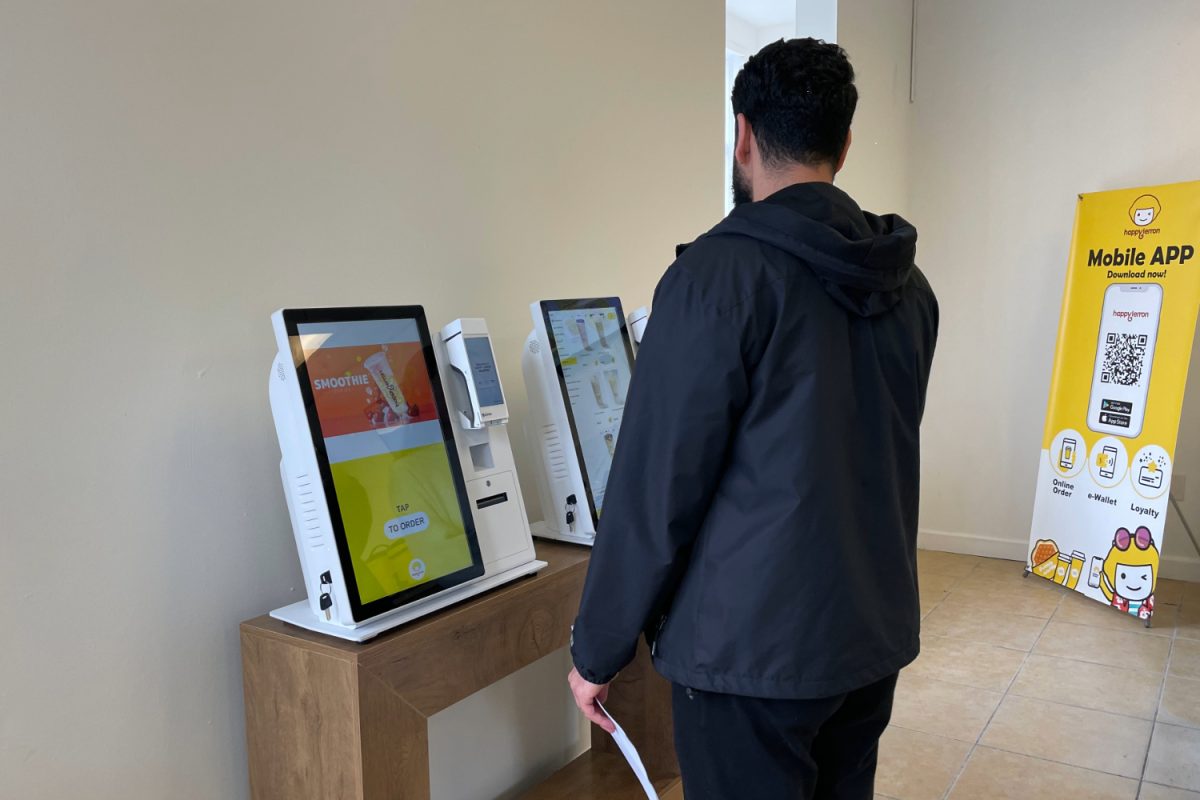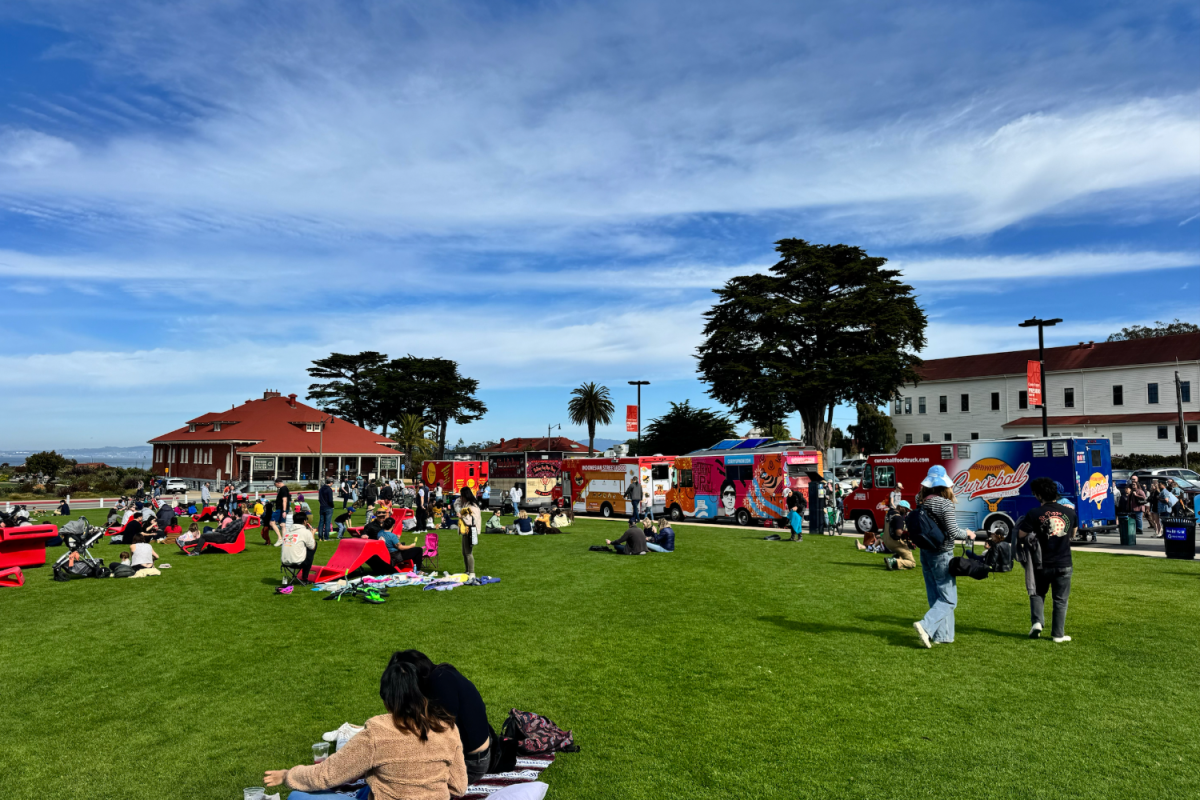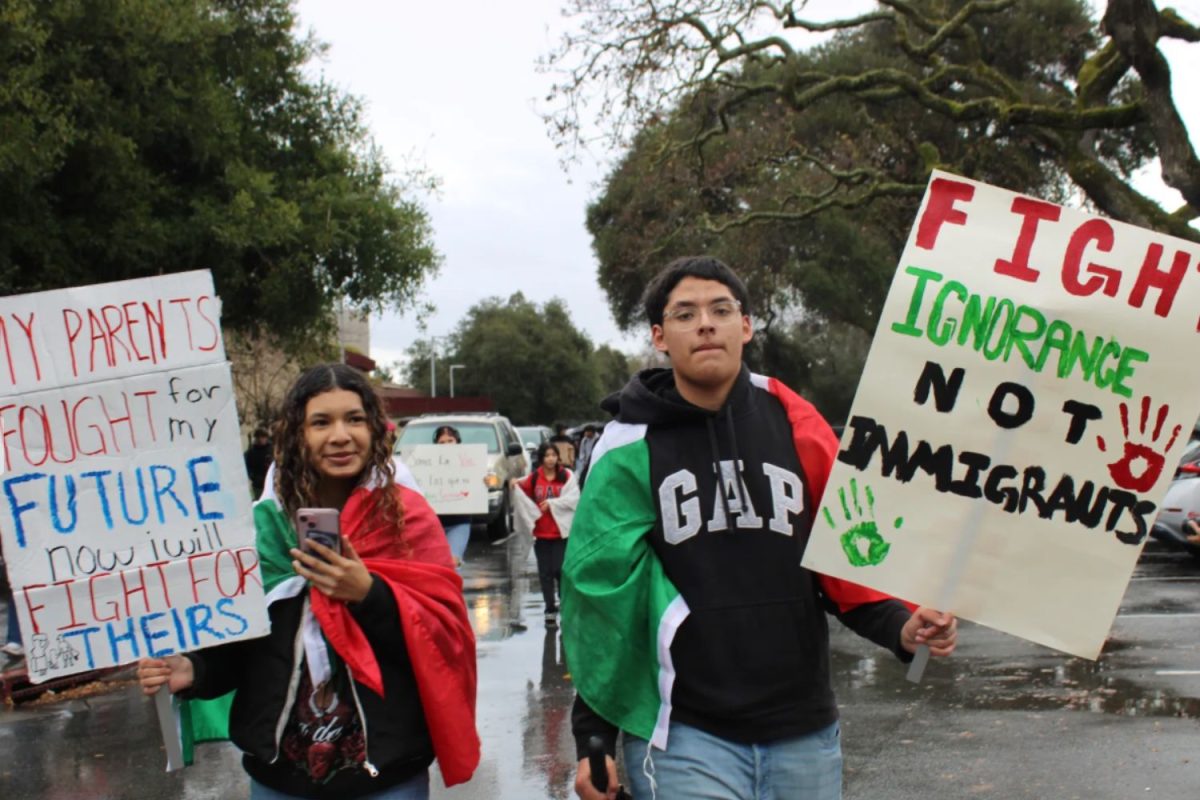Gov. Gavin Newsom signed a series of new laws three weeks ago to improve California’s mental health legislature. The laws actively address the state’s growing homelessness problem; however, some believe they could be a step backward in civil liberties.
The primary law, SB43, attempts to modernize the state’s conservatorship laws. This would loosen the half-century-old Lanterman-Petris-Short Act, the landmark mental health law that regulates minimal involuntary civil commitment in the state. This renewal gives the state government the ability to legally impose treatment for people with major mental health issues or drug and alcohol abuse problems.
“Treatments for mental illness can be wonderfully effective, but our laws often prevent us from providing them to individuals who are at mortal risk on our streets. S.B. 43 will help us provide life-saving care,” said Ron Thurston, president of Psychiatric Physicians Alliance of California.
The law’s primary focus is on helping to get people experiencing homelessness off the streets and into treatment facilities. Mental illness is one of the leading causes of homelessness.
According to the Ruff Institute of Global Homelessness, “Mental illness can impair a person’s ability to be resilient and resourceful; it can cloud thinking and impair judgment. For all these reasons, people with mental illness are at greater risk of experiencing homelessness. Homelessness, in turn, amplifies poor mental health.”
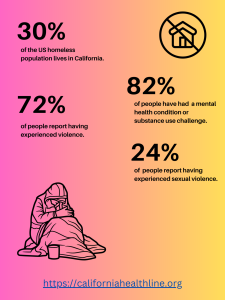
California accounts for 30% of the national population of people experiencing homelessness despite being home to only 12% of the total U.S. population.
According to a California Healthline study by Angela Hart, an estimated 72% of homeless people also report experiencing violence while on the streets, with 24% having experienced sexual violence, particularly in the female and transgender homeless community.
Additionally, homeless shelters struggle to accommodate the many people who are in desperate need of food and shelter due to issues gaining government funding as nonprofits. Another part of the law includes $6.4 billion allocated to pay for 10,000 new mental health treatment beds, offering people going through treatment a temporary place to stay before they get back on their feet.
This expands on similar local-scale efforts by counties to provide support, like the new housing project of San Mateo County.
“California is undertaking a major overhaul of our mental health system. The mental health crisis affects us all, and people who need the most help have been too often overlooked. We are working to ensure no one falls through the cracks and that people get the help they need and the respect they deserve,” Newsom said in the signing agreement.
Many residents believe that these changes are positive.
“These changes could help clean up the streets and give support to the homeless people that need it,” said Carlmont sophomore Sinjin Roelle.
Opponents of the bill, including civil and disability rights advocates, however, worry that the new law will result in people being locked up and deprived of their fundamental rights without addressing the mental health problems themselves.
“It’s outrageous Governor Newsom chose World Mental Health Day to sign the first in a series of bills to overhaul mental health and make it easier to lock up people with mental health disabilities,” Deb Roth, Disability Rights California (DRC) Senior Legislative Advocate said in an official statement.
However, the author of the bill, Democratic Sen. Susan Eggman, assured citizens that detaining a person with mental illness against their will should only be used as a last resort. The legislation aims to provide an alternative to sending people with mental illness and addiction problems to the prison system while tackling the mental health problems themselves.
California voters are asked to decide on a measure in the March 2024 ballot as Proposition 1.
“I think this is a big day for not only the state. But I think this is a model for the nation as well,” Newsom said.

